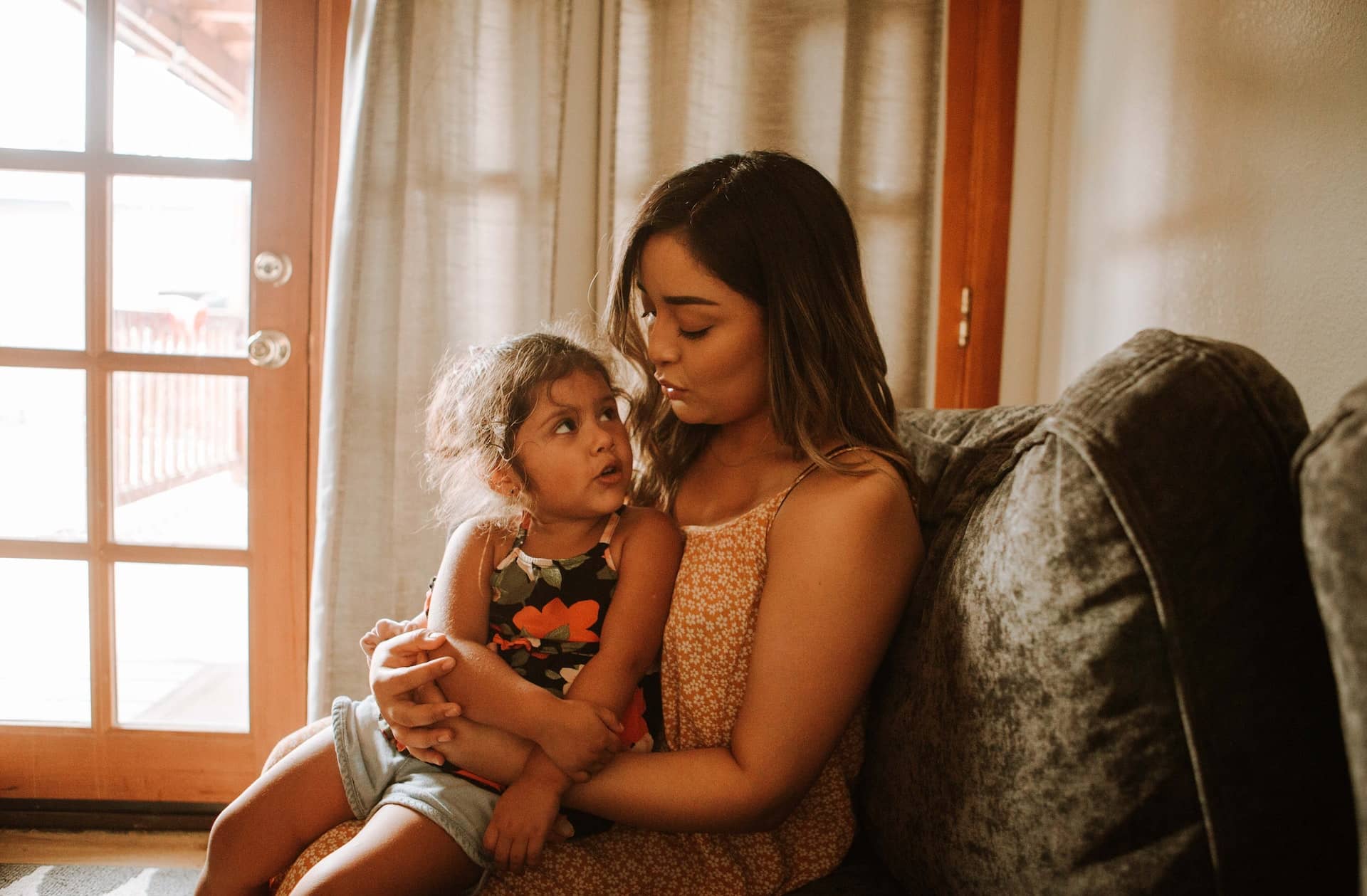The LatinX/E community in the United States is composed of individuals from diverse backgrounds with unique cultural identities. However, one experience that is common among many LatinX/E individuals is intergenerational trauma. Intergenerational trauma refers to the transmission of trauma from one generation to another. This trauma can stem from historical events, such as colonization, slavery, and genocide, or from personal experiences, such as violence, abuse, and neglect. In this article, we will explore the effects of intergenerational trauma on the LatinX/E community and how it impacts individuals’ mental health and well-being.
History of Intergenerational Trauma in the LatinX/E Community
The history of intergenerational trauma in the LatinX/E community is rooted in the colonization of the Americas. The colonization of Latin America by the Spanish and Portuguese resulted in the displacement of Indigenous peoples, the enslavement of Africans, and the forced labor of Indigenous and African peoples. These atrocities had a lasting impact on the psyche of these communities, and their descendants still carry the emotional and psychological burden of this trauma.
In addition to historical trauma, LatinX/E individuals also experience personal trauma, such as violence and abuse. LatinX/E individuals are disproportionately affected by interpersonal violence, including domestic violence, sexual assault, and child abuse. According to the National Latin@ Network, one in three LatinX/E women will experience intimate partner violence in their lifetime, and 50% of LatinX/E women report experiencing sexual violence. These traumatic experiences can lead to a wide range of mental health issues, including depression, anxiety, and post-traumatic stress disorder (PTSD).

Effects of Intergenerational Trauma on Mental Health
The effects of intergenerational trauma on mental health can be profound. Research has shown that trauma can alter the structure and function of the brain, leading to changes in cognition, emotion, and behavior. In the LatinX/E community, the effects of intergenerational trauma can manifest in a variety of ways, including:
- Anxiety and Depression
Anxiety and depression are common mental health issues among LatinX/E individuals, and they are often linked to intergenerational trauma. Trauma can cause a sense of helplessness and hopelessness that can lead to feelings of sadness and anxiety. This can result in a variety of symptoms, including panic attacks, avoidance behaviors, and difficulty sleeping.
- Substance Abuse
Substance abuse is another common issue among LatinX/E individuals, and it can be linked to trauma. Substance abuse can be a way to self-medicate and numb the pain of traumatic experiences. In the LatinX/E community, substance abuse can be particularly prevalent due to the stigma surrounding mental health issues and the lack of access to culturally sensitive treatment.
- Post-Traumatic Stress Disorder (PTSD)
PTSD is a mental health disorder that can develop after a person experiences or witnesses a traumatic event. It is a common issue among LatinX/E individuals, particularly those who have experienced violence or abuse. PTSD can result in a range of symptoms, including flashbacks, nightmares, and hypervigilance.
Intergenerational trauma itself can also lead to a range of mental health issues. The transmission of trauma from one generation to another can result in a sense of disconnection and isolation. It can also lead to a sense of anger and frustration that can be difficult to express.

Addressing Intergenerational Trauma in the LatinX/E Community
Addressing intergenerational trauma in the LatinX/E community requires a comprehensive approach that takes into account the unique cultural and historical experiences of this community. There are several strategies that can be used to address intergenerational trauma in the LatinX/E community, including:
- Culturally Sensitive Therapy
Culturally sensitive therapy is an essential component of addressing intergenerational trauma in the LatinX/E community. It involves understanding the cultural and historical context of the individual’s experiences and tailoring treatment accordingly. This can include using culturally relevant interventions, such as traditional healing practices, and providing bilingual and bicultural therapists.
- Community-Based Interventions
Community-based interventions can be an effective way to address intergenerational trauma in the LatinX/E community. These interventions can take a variety of forms, including support groups, community events, and advocacy efforts. They can provide a sense of connection and support for individuals who may feel isolated and disconnected due to their experiences.
- Education and Advocacy
Education and advocacy are important components of addressing intergenerational trauma in the LatinX/E community. This can include raising awareness about the impact of trauma on mental health and well-being and advocating for policies and resources that support mental health in the LatinX/E community. It can also involve addressing the social and economic factors that contribute to trauma, such as poverty, discrimination, and lack of access to healthcare.
- Family Therapy
Family therapy can be an effective way to address intergenerational trauma in the LatinX/E community. It involves working with families to understand how trauma has impacted their relationships and developing strategies to promote healing and communication. This can be particularly important for families who may have experienced trauma together and may struggle with expressing their emotions and connecting with one another.

Conclusion
Intergenerational trauma is a pervasive issue in the LatinX/E community, with lasting effects on mental health and well-being. Addressing this trauma requires a comprehensive approach that takes into account the unique cultural and historical experiences of this community. Culturally sensitive therapy, community-based interventions, education and advocacy, and family therapy are all important strategies for addressing intergenerational trauma in the LatinX/E community. By recognizing the impact of trauma on mental health and well-being and developing effective interventions, we can work to promote healing and resilience in the LatinX/E community.




